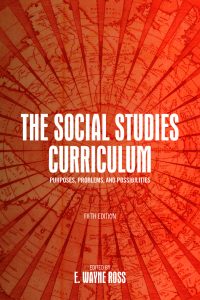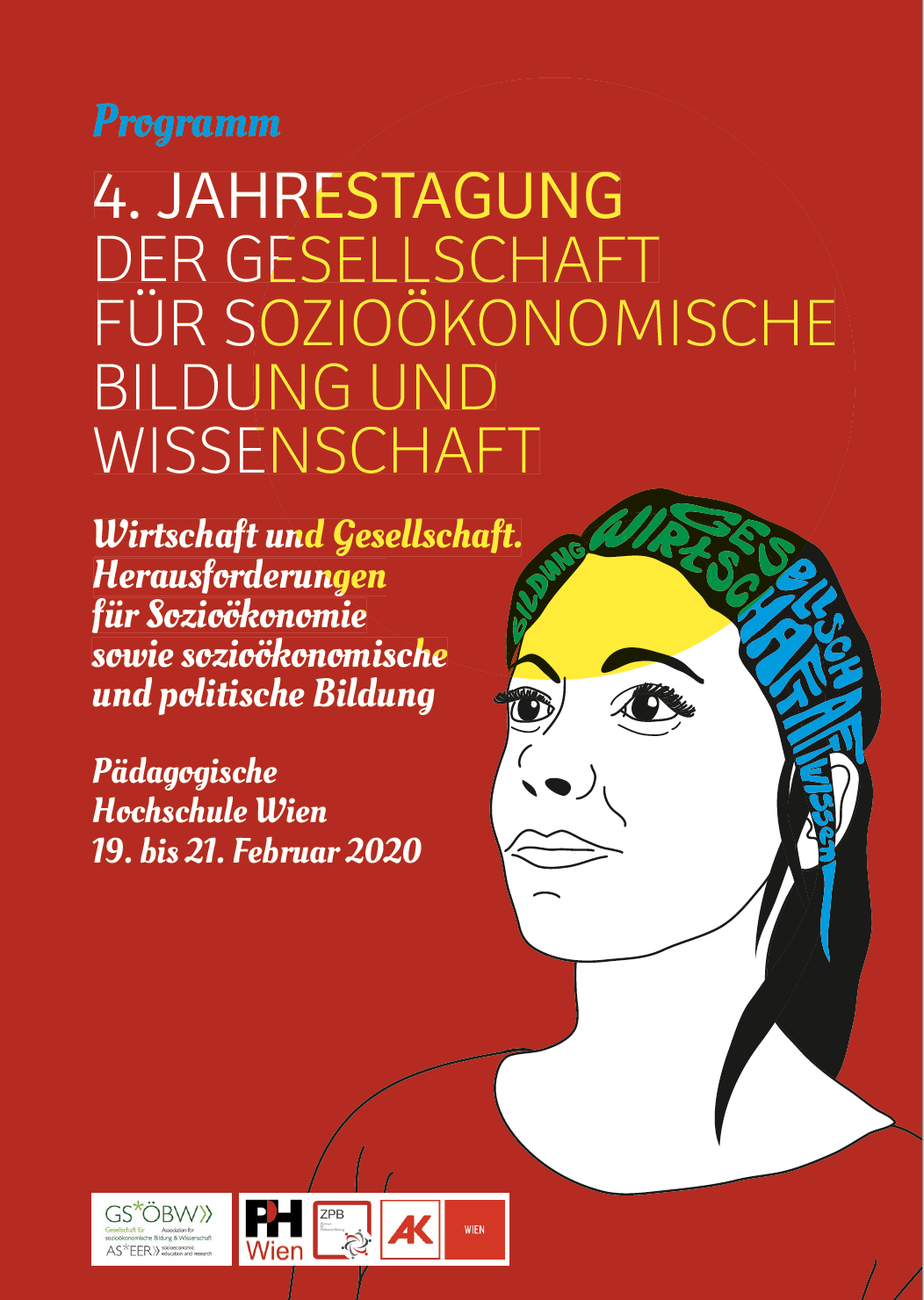 The fifth edition of The Social Studies Curriculum: Purposes, Problems, and Possibilities will be published later this year by State University of New York Press.
The fifth edition of The Social Studies Curriculum: Purposes, Problems, and Possibilities will be published later this year by State University of New York Press.
The Social Studies Curriculum, Fifth Edition updates the definitive overview of the issues teachers face when creating learning experiences for students in social studies. The book connects diverse elements of the social studies curriculum – social issues, history, cultural studies – offering a unique and critical perspective that separates it from other texts. The social studies curriculum is contested terrain both epistemologically and politically and this completely updated book includes new chapters on politics of social studies curriculum, historical perspective, critical historical inquiry, Black education and critical race theory, whiteness and anti-racism, decolonial literacy and decolonizing the curriculum, gender and sexuality, Islamophobia, critical media literacy, evil in social studies, economics education, anarchism, children’s rights and Earth democracy, and citizenship education. Readers are encouraged to reconsider their assumptions and understandings of purposes, nature, and possibilities of the social studies curriculum.
Here’s a preview of the Table of Contents as as well as a a PDF of the book’s preface and introduction:
TABLE OF CONTENTS
Preface
Introduction: Curriculum Ideologies, Social Studies Traditions, and the Teacher-Curriculum Encounter
E. Wayne Ross
Part 1: Purposes of the Social Studies Curriculum
1. It is All Indoctrination: Power and the Impossibility of Apolitical Social Studies Curriculum
Wayne Au
2. A Curricular Reading of Historical Perspective, Agency, and Viral Futures in Social Education
Kent den Heyer
3. A Critical Media Literacy Analysis of Social Studies Education
Emil Marmol
Part II: Social Issues and the Social Studies Curriculum
4. Beyond the Nation-State: A Foundational and Black Diasporic Examination of the Politics of Black Educational Curriculum
Christopher Busey & Tianna Dowie-Chin
5. The Politics of Black History in the United States: Black History Mandates and Anti-Critical Race Theory Laws
LaGarrett J. King, Brianne Pitts & Daniel Tulino
6. Does Social Studies Want to be Anti-Racist? Thoughts on Decentering Whiteness in Curriculum
Andrea M. Hawkman
7. Social Studies as a site for Building Decolonial Literacy
Shannon Leddy
8.Settler Social Studies: On Disappointment and Hope for the Future
Sarah Shear & Leilani Sabzalian
9. A Queer Agenda for Gender<>Sexuality and Social Education
Sandra J. Schmidt
10. Responding to Islamophobia in the Classroom
Özlem Sensoy
Part III: The Social Studies Curriculum in Practice
11. Critical Historical Inquiry: Disrupting the Dominant Narrative
Cinthia Salinas & Brooke Blevins
12.Studying Evil in Social Studies
Cathryn van Kessel
13. Does She Even Go Here? Economics and its Place in Social Studies Education
Erin C. Adams
14.An Eco-Anarchic Social Studies: Teaching for Children’s Rights and Earth Democracy
Brandon Edwards-Schuth & John Lupinacci
15.Teaching for Critically Engaged Denizenship: Lessons from Morocco on Teaching for an Empowered Other Civic Status
Jennice McCafferty Wright
16.Dangerous Citizenship
E. Wayne Ross
Part IV: Afterword
17. What is the Future of Social Studies Curriculum?
E. Wayne Ross
 Follow
Follow





